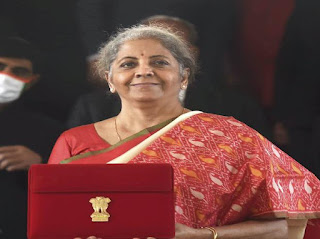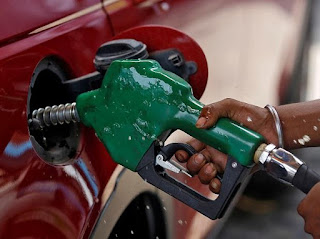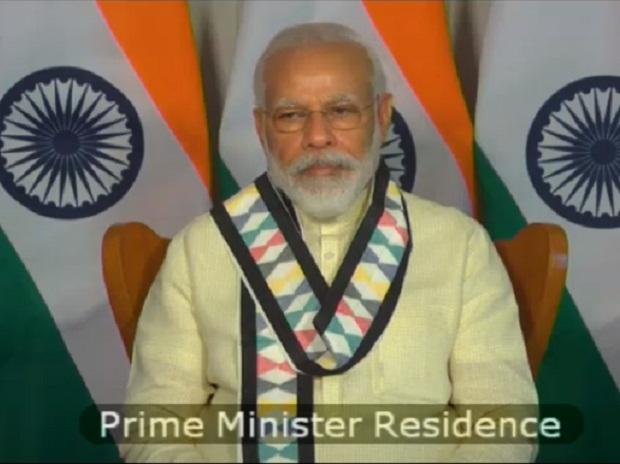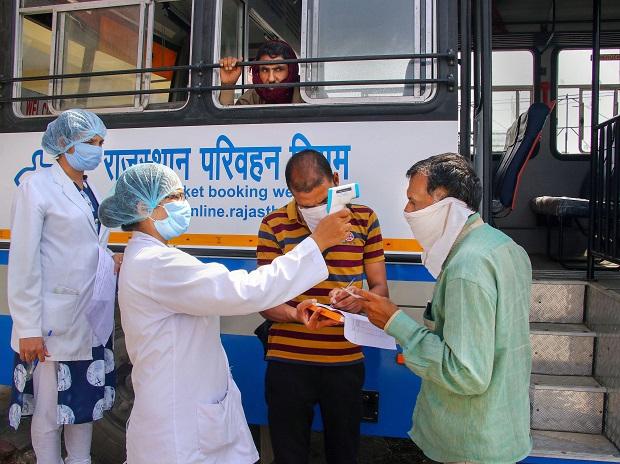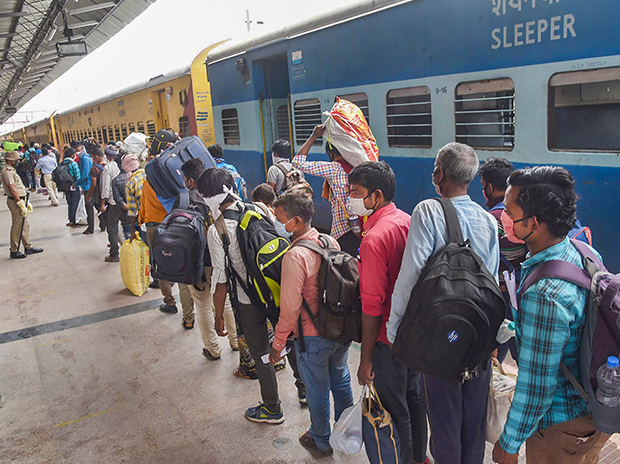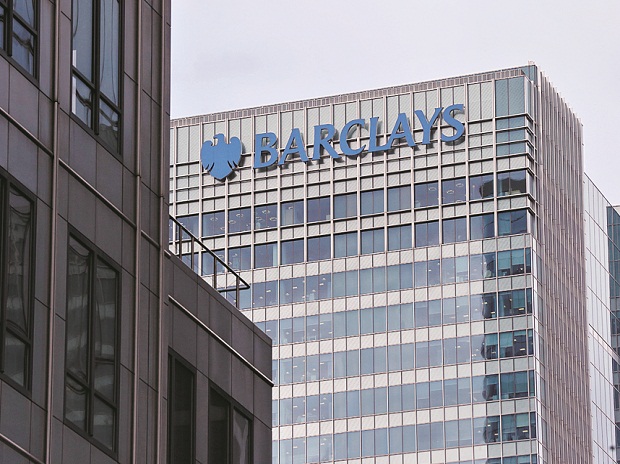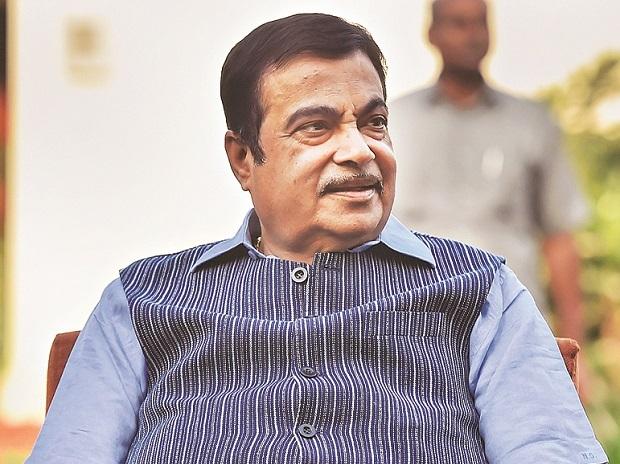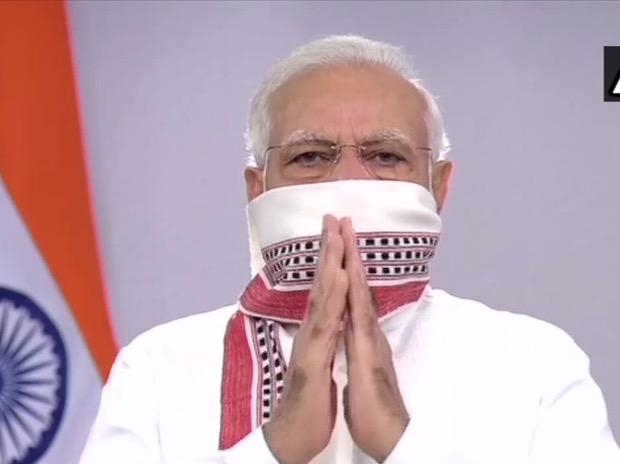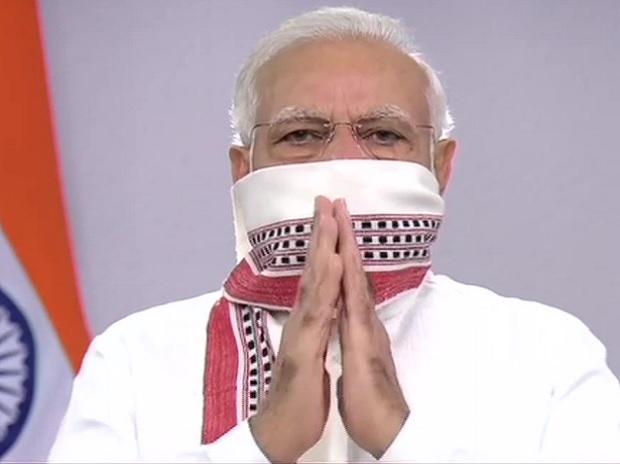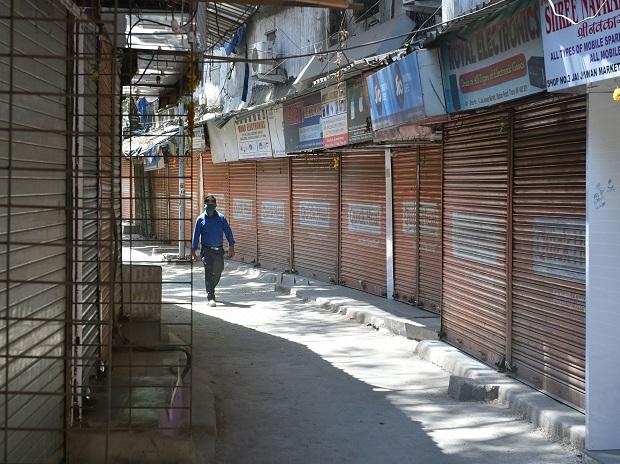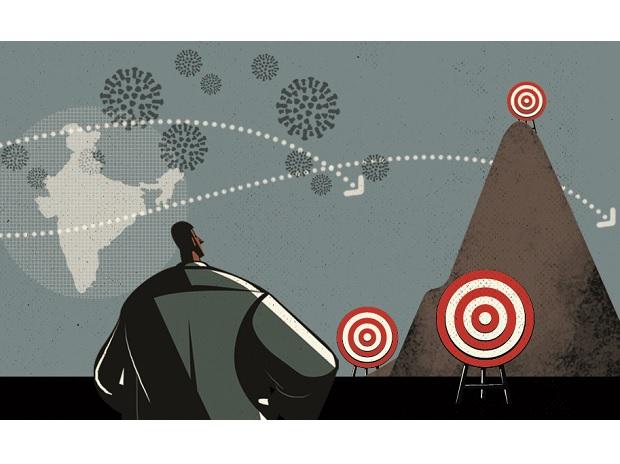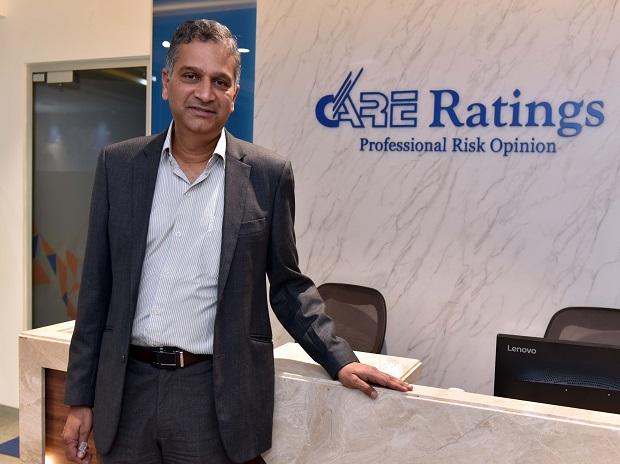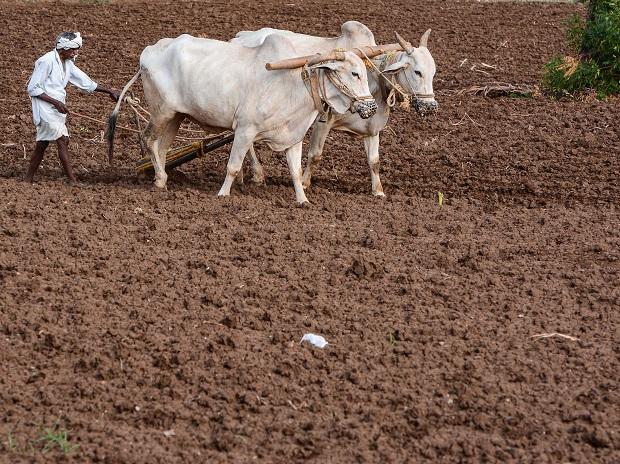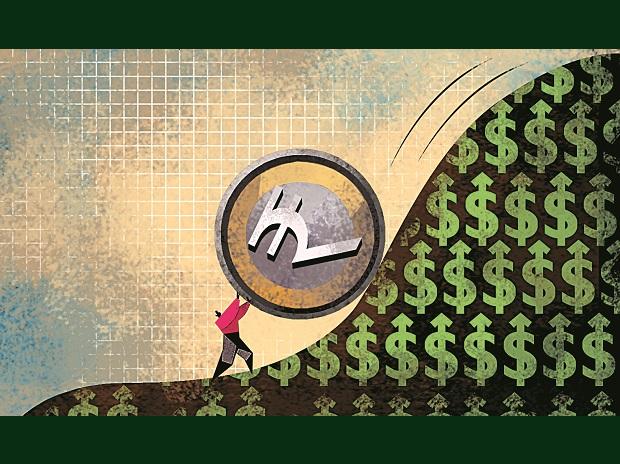Maharashtra curfew: Half of factories may remain shut for next fortnight
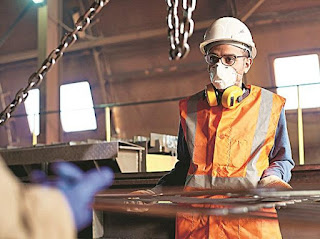
Half of the manufacturing units in Maharashtra could remain shut for the next fortnight as the state’s new Covid-19 norms come into effect. These include appliance and apparel makers, which fall in the non-essential category. On Tuesday, Chief Minister Uddhav Thackeray announced a 15-day statewide curfew and a host of other restrictions to contain the spread of the coronavirus. According to the order, all factories producing essential goods and services will remain operational at full capacity. Export-oriented units will remain open to fulfil their export obligations. Industries that require continuous manufacturing, too, can operate with 50 per cent workforce. Relaxation has also been provided for factories that offer in-house accommodation. But, all other factories must stop their operations for the next 15 days. “Around 50 per cent of the manufacturing units in Maharashtra could remain shut because of the state government’s new restrictions. Industry should hav...
